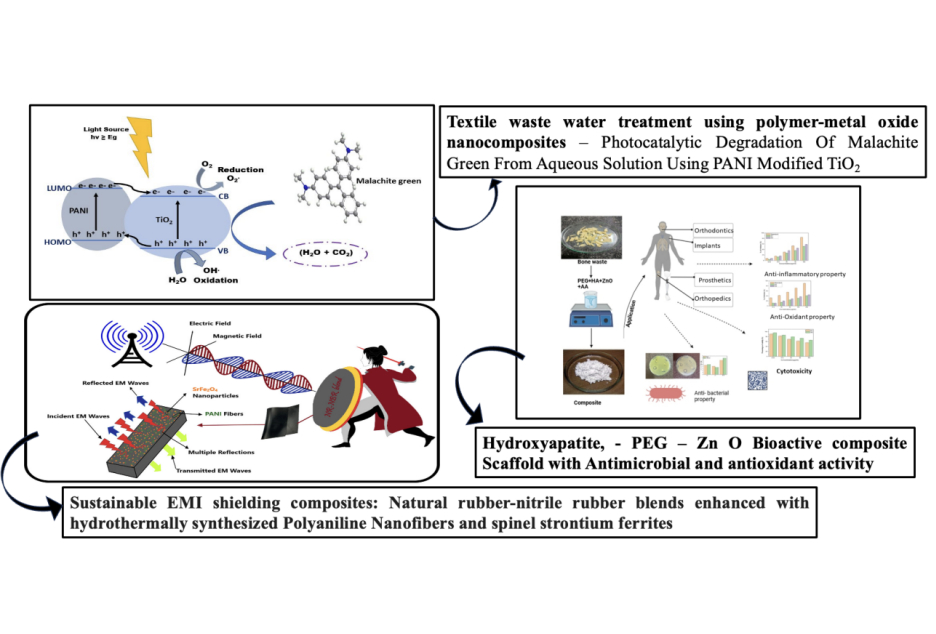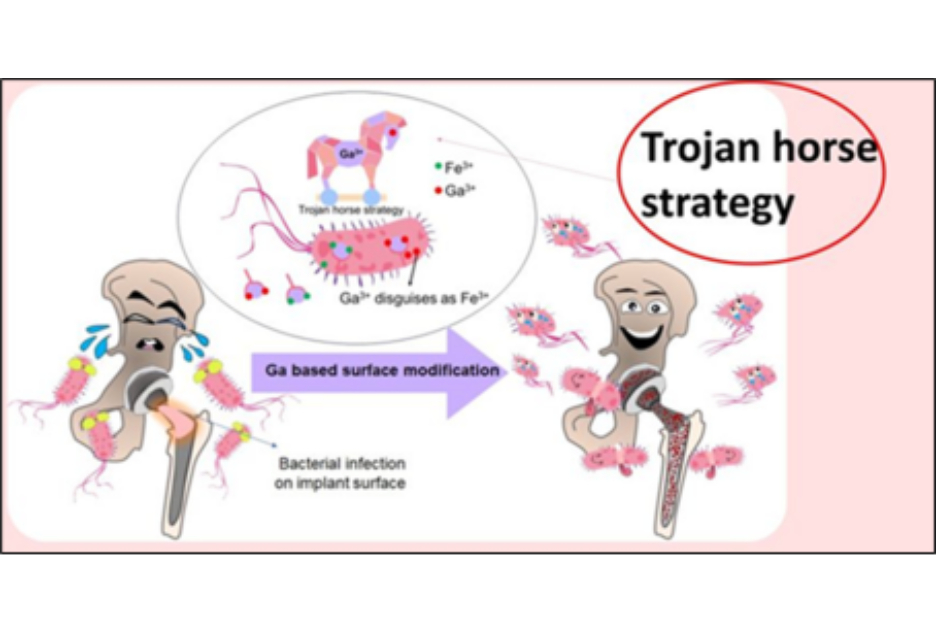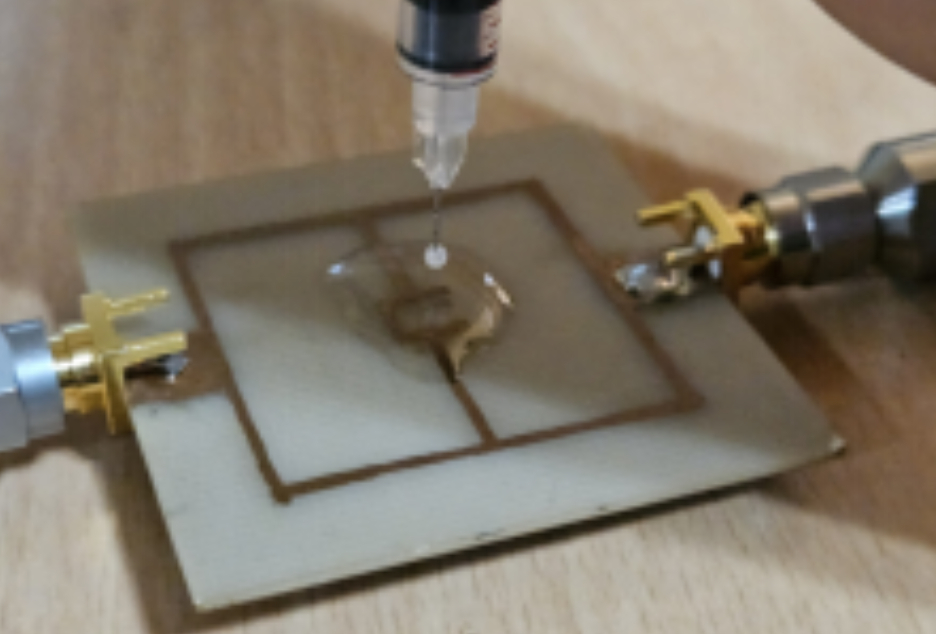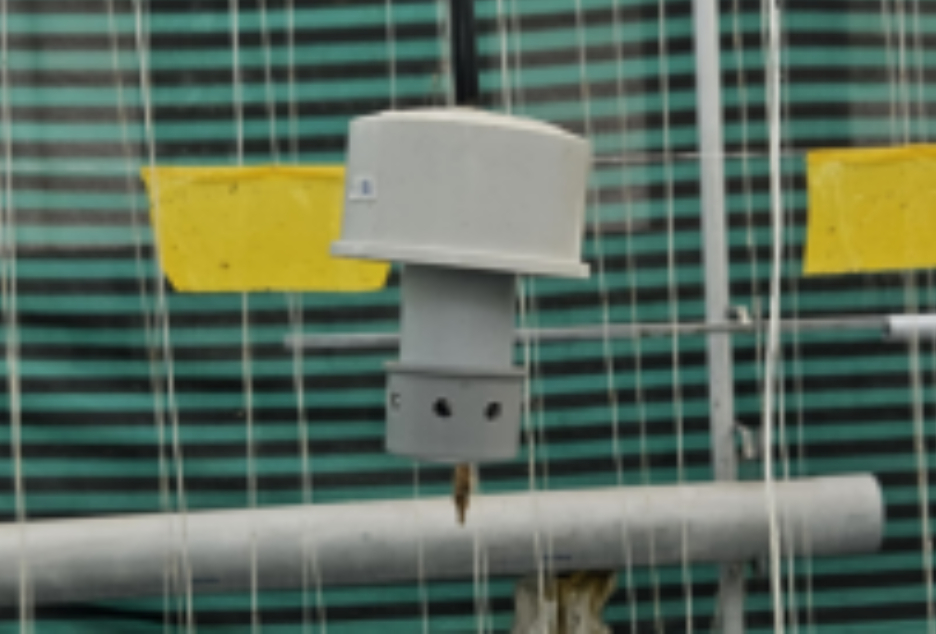
This upcoming multidisciplinary research Centre offers state-of-the-art facilities to design, develop, fabricate, and characterize non- enzymatic, flexible wearable sensors for health care and engineering applications, materials for hydrogen storage, artificially engineered materials with a variety of applications like bone/dental implants, micro/nano fluidics, materials for electromagnetic shielding in food packaging, high entropy alloys, energy harvesting and materials with high load bearing capacities.

Another important venture in this center is that it will host Kerala’s hydrogen valley center which is focused on Hydrogen as the future fuel, in collaboration with IIT’s and NIT’s.
Recent works done at the centre developed a low-cost solution for diagnosis of tumour using non-invasive wearable passive sensors. The flexible electrodes developed by the researchers can accurately locate of the position of the tumour using ERT (Electrical Resistive Tomography) and has developed a flexible wearable device for targeted localised radiation therapy.

The centre has developed next generation micro fluidic based lab on chip devices in combination with auxetic / meta structures for improved efficiency and modularity. These devices can be used to measure effectiveness of medicine absorption in blood, and can be used to predict diseases.

Applied mechanics group of the center has recently developed a high strength engineering load bearing auxetic members with a significantly high load to weight ratio with 65% of material reduction. These designs with light weight auxetic structures have been utilized in improving the bio-mechanical property of the newly designed bone implants. The auxetic structures developed in the centre produce sustainable implant models with easy post operative recovery.

Biodegradable/ bioabsorbable materials represent a pertinent class of biomaterials which can eliminate the need for revision surgery and minimizes the impact of long-term foreign body response as in the case of permanent implant materials. This research team is working towards the development of novel Mg-based alloys for biodegradable implant applications.

The electromagnetics group of the centre works towards reducing electromagnetic pollution by producing flexible shielding materials using natural polymers. Polymer nanocomposites have been proven to be a significant alternative to metals for reducing the impacts of radiation pollution because they have high impact resistance, low density, and corrosion resistance.

A very promising area of research in the centre is “Mission Hydrogen”. The team is working in hydrogen storage using metal decorated 2D materials to achieve the technical targets set by the US Department of Energy (DOE). The newly derived material from this research will be used for incorporating hydrogen fuel cells to store hydrogen, and using that hydrogen, the fuel cells can produce energy with zero-emission. The centre will host Kerala’s ‘Hydrogen valley’ and will participate in India’s ‘Mission hydrogen in collaboration with IIT’s and NIT’s.
Sensors based on 2D Materials










Polymer-Based Composites for Sustainable Applications
EMI Shielding, Bioactive Scaffolds, and Photocatalytic Wastewater Treatment Using Nanostructured Fillers and Hybrid Materials

Deep Eutectic Solvent as Curing Agent for DGEBA Epoxy Resin
For the first time-amine functionalised deep eutectic solvent based on salicylic acid and triethylenetetramine is used as curing agent for DGEBA epoxy resin.



Energy Harvesting & Self Powering
Key Focus: Synthesis and their role in energy applications


Revolutionizing Cellulose-based Thin Films for Sustainable Shielding


Hydrogen Storage in Nanomaterials

Hydrogen Fuel Cell


Surface Modified Biomaterials



Multifunctional Magnetic Nanomaterials For Biomedical Applications





High Entropy Alloy Surface Analysis


Auxetic Structure
Lightweight Auxetic Structure which has 65 % Weight Reduction having same Load Bearing Capacity.

Sensors – Adulteration Detection







Microfluidic Sensors






Metasurface – SAR/ RCS Reduction



Smart Agriculture




Tumor Treating Fields


